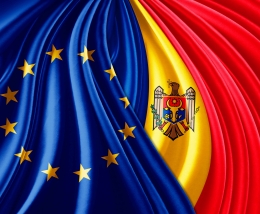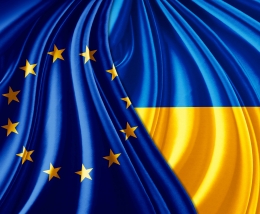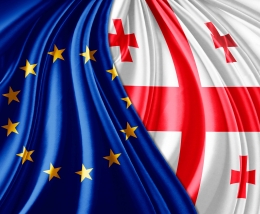European Economic
and Social Committee
Eastern Neighbours
The EESC's activities concerning Eastern Neighbours involve Armenia, Azerbaijan, Belarus, Georgia, Moldova and Ukraine. The main objective of the EESC with regard to the European Eastern Neighbours is to enhance relations with civil society organisations in the region and to involve them in a dialogue with both their national policy makers and the EU organised civil society.
The main cooperation mechanisms with Georgia, Moldova and Ukraine are the Civil Society Platforms which complement the political bodies existing within the framework of the EU Association Agreements with these countries. The Platforms allow civil society organisations from both the EU and the partner country side to monitor the implementation process and prepare their recommendations to the relevant authorities.
On the EU side, these Platforms comprise members of the EESC as well as representatives from large European civil society networks. On the partner country side, they represent a broad spectrum of civil society organizations. The membership of the Platforms is based on balanced representation of all interest groups (employers' organizations, trade unions and various interests' groups).
Within the EESC, the Eastern Neighbours Follow-up Committee was established in 2004 as a dedicated body responsible for relations with civil society in the Eastern Neighbourhood countries. The Follow-up Committee usually meets four times a year and its members take active part in the Eastern Partnership activities such as EaP multilateral platforms and the EaP Civil Society Forum.



